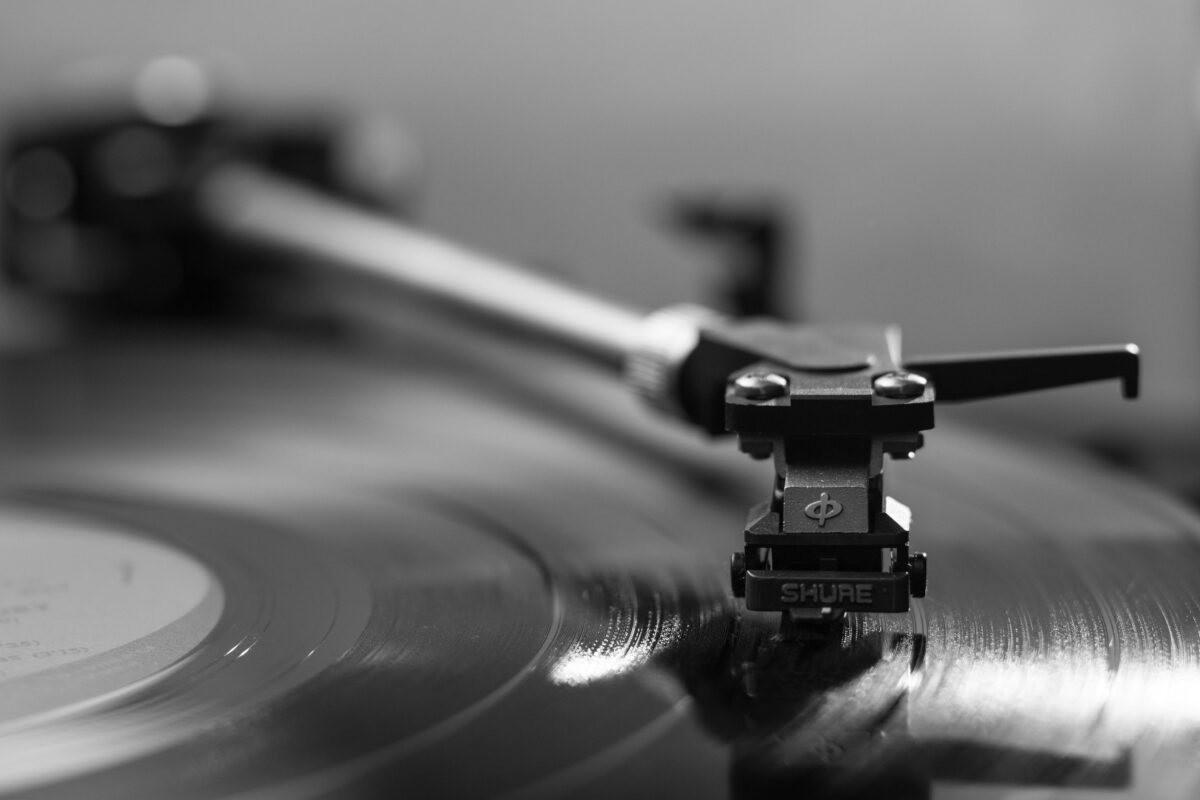
John Williams composed the music for the first three Harry Potter films (The Sorcerer’s Stone, The Chamber of Secrets, and The Prisoner of Azkaban), and now the complete scores have been released for the first time by La-La Land in Harry Potter: The John Williams Soundtrack Collection, a deluxe seven-CD box set containing nearly eight hours of original music. The scores are so good that they established the musical identity and overall style of the whole series, including the scores that Williams did not write. For example, Hedwig’s theme became so popular and instantly recognizable that it was virtually necessary to include it in all of the Harry Potter films. In fact, the three scores are so thematically rich and brilliantly orchestrated that they clearly rank with Williams’ best music.
Because of the length of the scores and the popularity of the music, the original soundtrack recordings were fairly long (The Sorcerer’s Stone 73:36, The Chamber of Secrets 70:19, and The Prisoner of Azkaban 68:38), but these expanded, complete versions are nearly twice as long at 134:30 for The Sorcerer’s Stone, 136:30 for The Chamber of Secrets, and 107.00 for the shorter Prisoner of Azkaban. So there is a lot of previously unrecorded music on these CDs that will make Williams completists happy, but could actually be a bit too much of a good thing for some listeners.
As a melodist, Williams is second to no one, but it is his almost unbelievable ability to capture and define the style and tone of a film that makes him special among film composers. Nowhere is this more apparent than in Hedwig’s theme with its unique orchestration, beginning with a solo celesta that is subsequently joined by swirling strings as the theme progresses and develops. The Sorcerer’s Stone presents the principal thematic material and establishes the orchestral style of most of the scores. The Chamber of Secrets includes some of the original themes and adds a great deal of new material with a somewhat darker and edgier tone. The most important new melody for Chamber of Secrets is the soaringly lyrical “Fawkes the Phoenix,” which is the kind of striking theme that Williams seems to be able to compose at will. It is presented here in its fully developed form, once again with an array of lush orchestral colors in the End Credits suite, similar to how Hedwig’s theme is positioned in “Harry’s Wondrous World” in the End Credits suite for The Sorcerer’s Stone.
Because of his busy schedule, Williams requested that William Ross conduct the London Symphony Orchestra for the soundtrack of Chamber of Secrets and help in the presentation of some of the new music. For that reason, Williams insisted that Ross be recognized with a “Music adapted by” credit, but Ross makes it clear that Chamber of Secrets is a John Williams score from beginning to end.
The Prisoner of Azkaban is stylistically very different from the first two Harry Potter scores. This is apparent immediately from the leaner orchestration of the opening statement of Hedwig’s theme. The song “Double Trouble,” with a children’s chorus accompanied by harpsichord and a melody that is a variation on Hedwig’s theme, could be described as the centerpiece of a score that combines, to quote director Alfonso Cuarón, “medieval motifs with a late 19th-century Rossiniesque narrative, a delirious big band jazz number, and 20th-century music.” That music is consistently less floridly Romantic than The Sorcerer’s Stone and The Chamber of Secrets. It even flirts with atonality, especially the dissonant music associated with the Dementors. Cuarón did not want wall-to-wall descriptive or Romantic music, which does nevertheless appear with “Buckbeak’s Flight.” The score is about a half hour shorter than the other two, and The Prisoner of Azkaban has a very different sound, as its orchestration clearly demonstrates Williams’ versatility, but I suspect it will not be enjoyed as much by many of the composer’s fans and the general public. There are also not as many quotations of previous themes, aside from the inevitable occasional appearance of Hedwig’s theme.
The complete scores are initially presented on the CDs, followed by special extras like the Children’s Suite and additional music for commercials, teasers, trailers, and various alternates, plus a little source music in The Prisoner of Azkaban, so that all of the music that Williams composed for the three Harry Potter films is presumably included.
The sound on all of these CDs, which were mixed, assembled, and remastered by Mike Matessino, is uniformly excellent, to the point where most readers of The Absolute Sound would consider it to be demonstration level. The packaging is similarly gorgeous and classy in every way, with a 42-page booklet on the scores, including track lists and an additional separate booklet for each score. The only thing I miss is a complete track-by-track musical analysis identifying all of the individual themes. However, given the complexity of the scores and the large number of melodies, that would have been understandably difficult to compile. The cost of the limited edition set is formidable ($99.98), but anyone interested in the music of John Williams, his Harry Potter scores, good film music in general, and orchestral music with spectacular sound should have it in their collection.






















